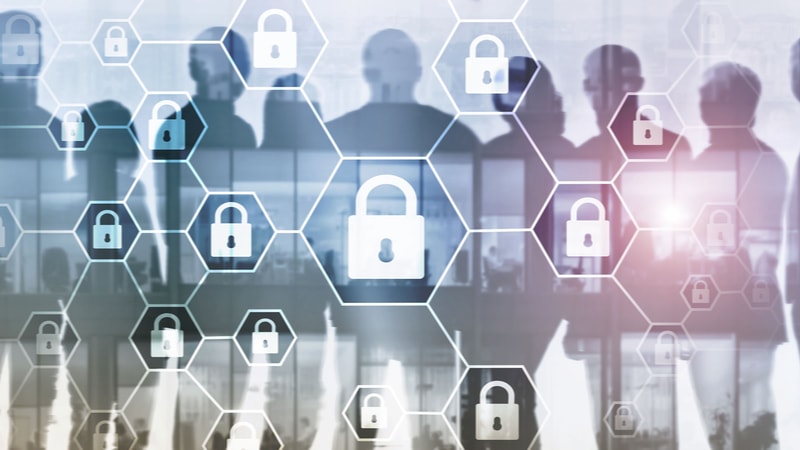
Rep. Bennie Thompson, D-Miss., ranking member of the House Homeland Security Committee, raised concerns during a committee hearing today that President Trump’s hiring freeze could worsen the growing cybersecurity workforce gap in the Federal government and get in the way of ongoing efforts to address the critical shortage.
Republican lawmakers dismissed his concerns, citing exceptions in the order that, in essence, would protect the Federal cyber workforce.
On day one of his second term, President Trump issued an executive order declaring an immediate but temporary freeze on hiring Federal government civilian employees. The order prohibits Federal agencies from filling any vacant positions or creating new ones. After a 90-day period – during which the Office of Management and Budget (OMB), the Office of Personnel Management (OPM), and the United States DOGE service will submit a plan aimed at reducing the Federal workforce – the hiring freeze is set to end.
According to Rep. Thompson, the Jan. 20 executive order is “one of the biggest obstacles to growing a robust cyber workforce” in the Federal government.
“Hiring freezes are delaying the onboarding and recruitment of top cyber talent … But under these circumstances, who would want to commit to working for the government until the administration begins to treat its workforce with more respect,” Rep. Thompson said.
Rep. Thompson was not the only one concerned about the potential impact of the hiring freeze.
Max Stier, president and CEO of the Partnership for Public Service, echoed similar concerns, sharing testimony from a young cybersecurity student who, though eager to join the Federal cyber workforce, expressed apprehension about the uncertainty caused by the hiring freeze.
“We need to stop the harm that is taking place right now and … real damage is being done to the Federal workforce, specifically the cyber workforce … [with] the hiring freeze, and the push for people to resign,” Stier told lawmakers.
Rep. Michael McCaul, R-Texas, was among the Republican lawmakers who dismissed the concerns, and pointed to exemptions outlined in the president’s order that would prevent any negative impact on the Federal cyber workforce.
The hiring freeze executive order does include specific exceptions, such as for military personnel and positions related to immigration enforcement, national security, or public safety. Additionally, OPM has extended blanket exemptions to the Pentagon’s civilian workforce. However, it remains unclear whether these exceptions apply to the entirety of the cyber workforce.
Stier pushed back on the impact of these exceptions, sharing that students looking to join the Federal cyber workforce have “had job offers rescinded and opportunities paused until the hiring freeze is over.”
“The executive actions have led to significant uncertainties,” he said, as he called for exemptions for all cybersecurity jobs in the Federal government to be included in the hiring freeze order.
Rep. Thompson announced plans to introduce two resolutions of inquiry to gain more clarity on these uncertainties.
The first resolution directs Homeland Security Secretary Kristi Noem to provide the committee with documents related to security assessments associated with efforts to freeze payments for critical Department of Homeland Security programs that support cyber workforce training and cybersecurity initiatives at the state and local levels. The second resolution directs Noem to provide the committee with documents detailing the impact of the hiring freeze on the cyber workforce.
Additionally, Rep. Thompson announced his intention, along with fellow Democrats, to send a letter to OPM requesting information about the impact of President Trump’s hiring freeze and deferred resignation office on the cyber workforce.
